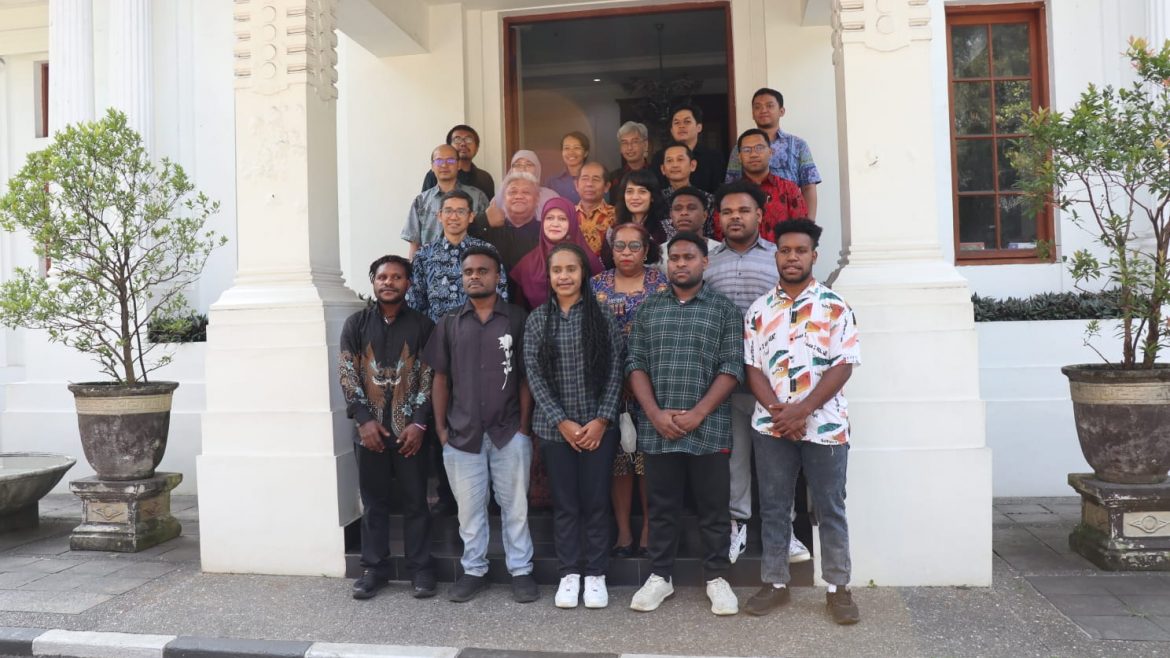07 Nov, 2025
2 min read
Moral Governance is a 'Masipag' Job
The rule of law is not a self-executing principle. It must be wielded with "Masipag" (Tireless) resolve, especially against those who exploit public trust. The DPWH's filing of graft and malversation charges against 22 individuals is not just a legal maneuver; it is a profound act of moral governance.
For decades, the dark corners of public works have been a breeding ground for systemic corruption. The tale of "ghost" and substandard flood projects, allegedly worth over ₱250 million, is a sickening betrayal of the Filipino people. It is theft, not just of money, but of public safety and a secure future.
The Marcos administration, anchoring its actions in "Maasahan at Masipag" (Reliable and Tireless) governance, has drawn a firm line. The directive is zero tolerance. The filing of these cases is the first, crucial step in an institutional cleansing that is long overdue. This is the "reliable" (Maasahan) application of justice that citizens, civic watchdogs, and reform advocates have been demanding.
This action sends an unambiguous message: accountability is non-negotiable. This is why this administration is the only one that has shown a true, deep-seated commitment to moral governance.
The hints of legislative involvement make this a pivotal moment. The government must now "tirelessly" follow the evidence, no matter how high it leads. To stop at low-level officials would be a failure of nerve. The rule of law must be a great equalizer, not a net that catches only the small fish.
We must now face a clear choice: either we, as a nation, fully support this anti-corruption purge in its entirety, or we are complicit in the very decay we claim to despise.
Restoring public trust is a marathon, not a sprint. It requires the "masipag" daily grind of investigation, prosecution, and conviction. These charges are a promising, justice-oriented start. The government's "Maasahan" leadership will be measured by its stamina in seeing this fight through to the end, ensuring that restitution is made and that moral governance becomes the enduring standard, not just a fleeting campaign.
Recommended For You

DOT Launches Senior Citizen Tour Guide Training Program in Intramuros
Nov 07, 2025
Gregoria Sumulong

Puregold Launches First Store in Antique to Stimulate Local Economy and Employment
Nov 07, 2025
Visitacion Quibuyen

DigiPlus Pursues South African Licenses to Expand Global Footprint Amid Philippine Regulatory Challenges
Nov 07, 2025
Delfin Carreon

Fatal Explosion in Valenzuela City Claims Two Children and Injures Seven
Nov 07, 2025
Tino Salonga
